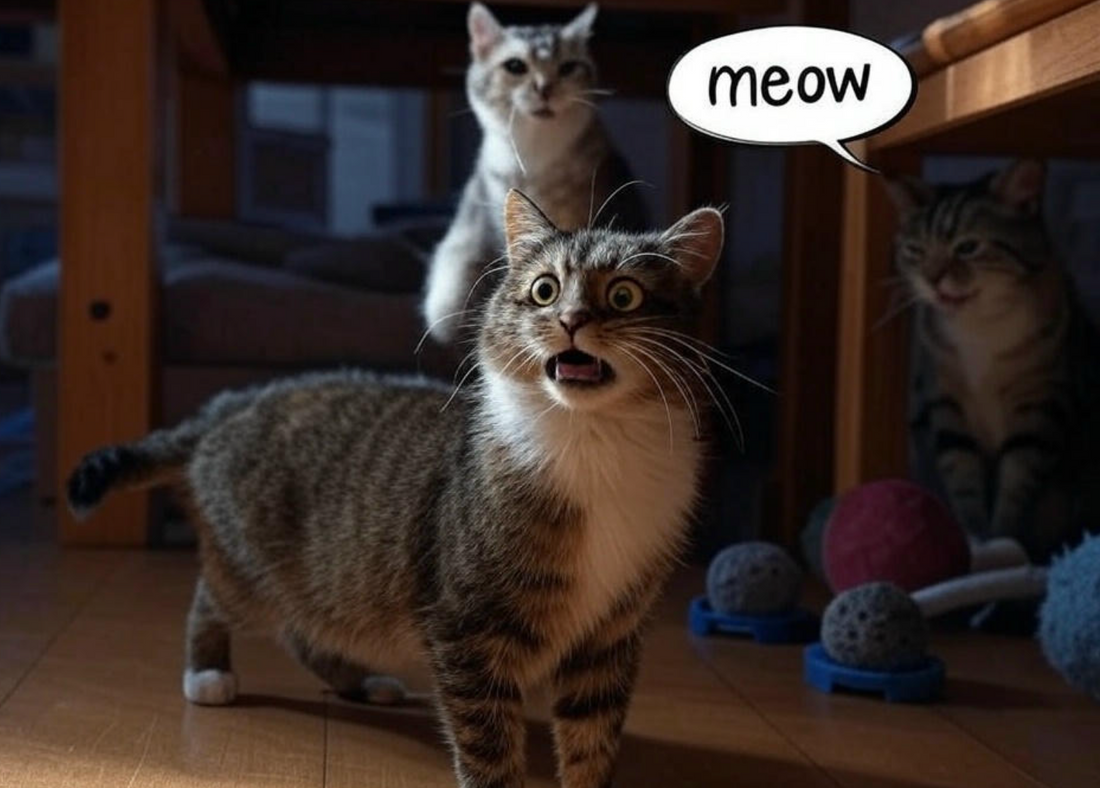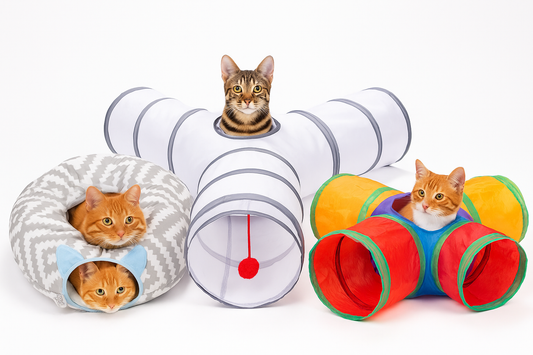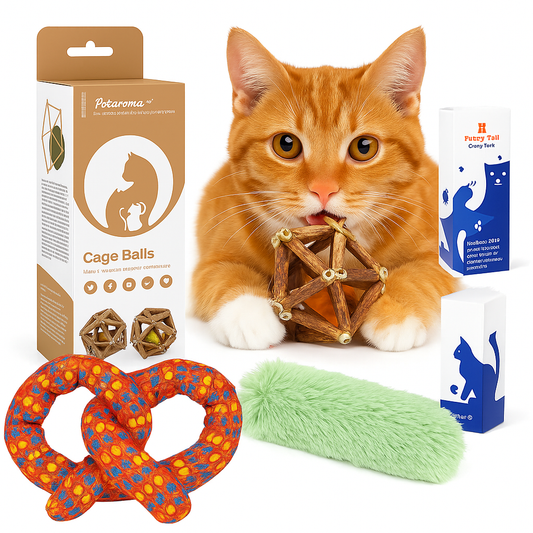
Cat Acting Weird? Common Health Issues and What to Do
Part 1: Behavioral Changes Every Cat Owner Should Understand
Cats often hide their pain, so when their behavior suddenly shifts, it’s a signal something may be wrong. Whether it’s hiding, meowing all night, or becoming unexpectedly aggressive, changes in your cat’s personality deserve attention. This guide helps you decode the most common behavioral red flags and offers practical advice — plus product suggestions to ease both your and your cat’s stress.
For more insight on spotting early signs of illness, check out our post: How to Tell if Your Cat is Sick (Before It’s Too Late).
1. Cat Suddenly Hiding All Day
Common Causes
- Pain or Illness: Cats instinctively hide when they’re unwell — a behavior rooted in self-protection. Dental pain, urinary infections, or digestive discomfort are frequent causes that may show no obvious symptoms.
- Stress or Anxiety: Sudden environmental changes like moving to a new home, guests, or loud construction noises can drive cats to isolate. They may retreat to closets, under beds, or furniture to feel safe.
- Environmental Change: Even swapping furniture or introducing a new pet can cause anxiety. Cats are creatures of habit and rely heavily on consistency.
What to Do
- Offer a Safe Zone: Instead of coaxing them out, create a cozy hideaway where your cat can feel secure. For ideas, browse our favorite cozy cat playhouses.
- Use Calming Scents: Plug in a feline pheromone diffuser or spray their bedding with a calming spray. Learn more about must-have calming aids for stressed-out cats.
- Vet Check: If hiding persists beyond a couple of days or is paired with other symptoms like poor appetite, vomiting, or unusual bathroom habits, schedule a checkup.
2. Excessive Meowing or Yowling
Common Causes
- Cognitive Dysfunction (Senior Cats): Older cats can suffer from feline dementia. These symptoms often mimic human Alzheimer's disease.
- Hunger or Thirst: Constant vocalization may indicate hyperthyroidism or diabetes, especially when paired with weight loss.
- Boredom or Understimulation: Cats stuck indoors may vocalize out of frustration. Consider why every cat needs a play zone.
What to Do
- Check the Basics: Ensure food and water are fresh. Explore top-rated water fountains that encourage hydration.
- Offer Mental Stimulation: Add daily interactive playtime or try our DIY cat toy projects.
- Schedule Vet Testing: If your cat is unusually vocal and older than 8, request bloodwork and a thyroid panel.
3. Aggression or Sudden Fearfulness
Common Causes
- Undiagnosed Pain: Painful areas may be subtle and go unnoticed without a vet exam.
- Redirected Aggression: Your cat might become aggressive after being startled by something else, like seeing a stray cat outside.
- Fear Memories or Trauma: Loud noises, vet visits, or past abuse may leave your cat reactive or afraid.
What to Do
- Give Space: Avoid reaching for them. Instead, offer a cozy spot to decompress. Browse our list of beds cats actually use.
- Use Calming Tools: Try calming vests or pheromone collars. See more in our roundup of cat mom essentials.
- Consult a Behaviorist: Learn simple ways to start in our guide to cat training.
Final Thoughts
Changes in your cat’s behavior can be a sign of something deeper — both physical and emotional. By tuning into these signs early and pairing observations with the right resources, you can provide comfort and care when your cat needs it most.
Coming Soon in Part 2
- Litter box problems
- Cat staring at walls or chasing shadows
- Appetite changes and food refusal
- Overgrooming and skin scabs



